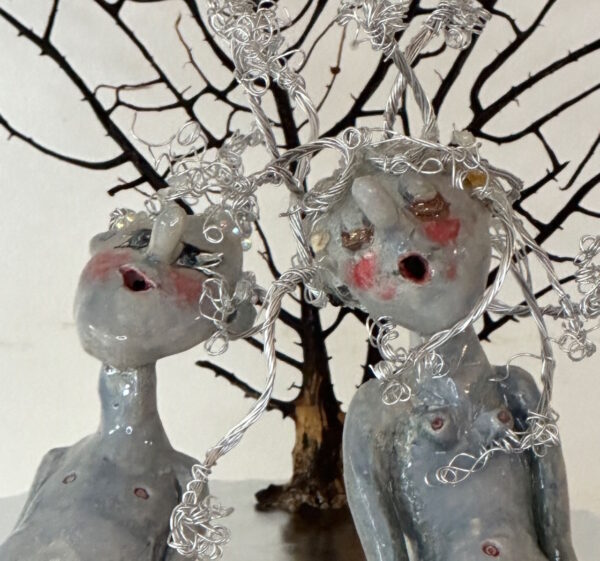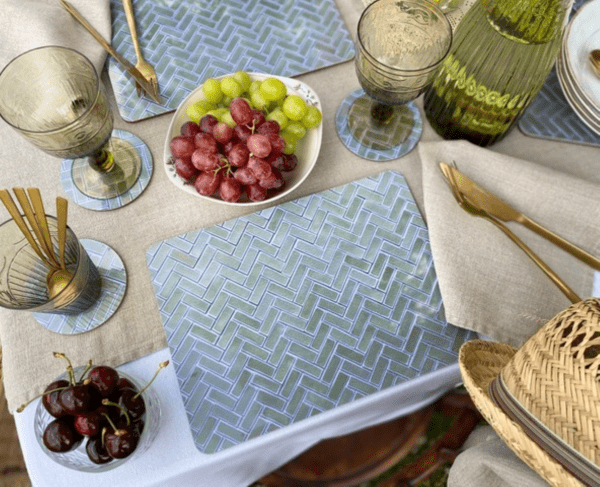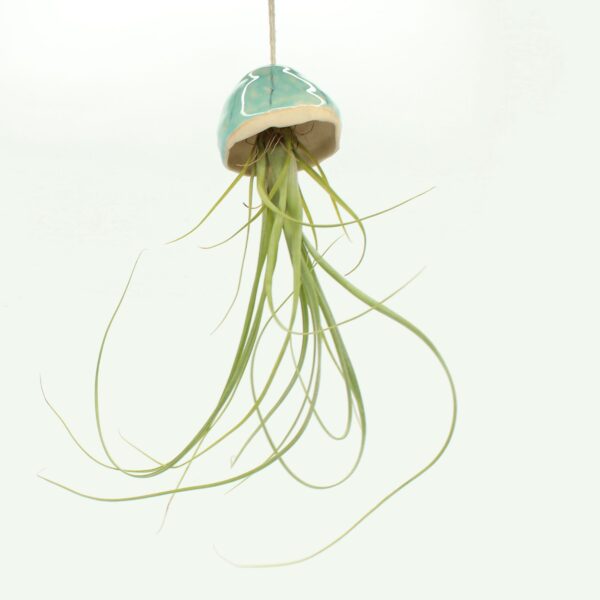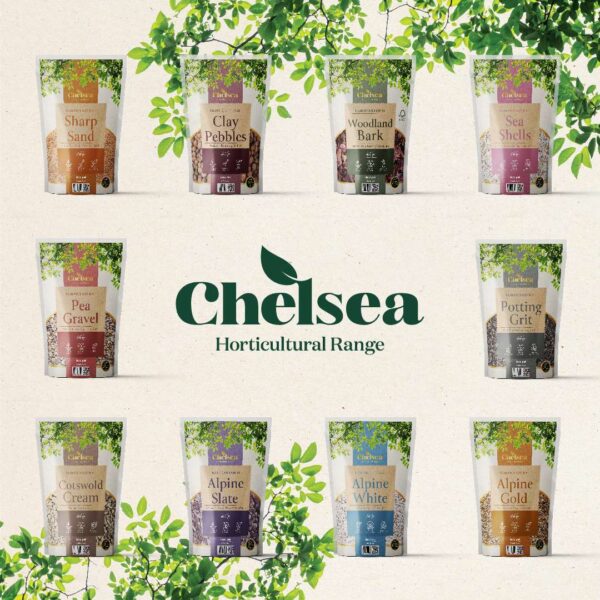The Lundager design registered pot has been copied under the name Porto pot according to a Dutch court ruling in a dispute between the designer of the Lundager pot designer one one side and Import Company and Ovata on the other side.
Lundager’s ‘falling snowflakes in 3D effect’ design has been recognised as unique by the judge
A representative of Lundager in The Netherlands, Michel Teekens, said: “It’s not about fighting each other, not at all. We handled this case gracefully. We bought a large batch of already produced pots, ending a battle of over a year and a half. It’s very important that ownership is respected, for us but just as well for other players in the market.”
Late last year, succulent nursery Ovata presented a series of ceramics, which turned out to be an exact copy of the Lundager pot. The grower had obtained these via Import Company, which has ceramics made in China. After failing to reach an out of court resolution, the parties went to the judge, who ruled in favour of Lundager. The ruling was challenged on appeal, where judge reached the same verdict.
Product copying occurs very often, but going to court is expensive in terms of time and energy as well as money, meaning that many copyright infringement cases never come before a judge. Michel adds: “Lundager is not the first company to win a similar case based on design right infringement on a ceramic pot. It is, however, the first time that the court said in the ruling that next to infringement on copyright, there’s also mention of ‘slavish’ imitation. That’s why this will be a precedent, as it is a very clear signal in our industry.”
















2 thoughts on “Lundager wins ‘slavish imitation’ copyright case”
I totally agree David – it is has been a massive problem in the industry for as long as I can remember and beyond that point as well, I’m sure. For surface designers it is a particular concern, copying/imitation is far too easy, I’ve heard of unscrupulous companies scanning entire designs and reprinting them as their own. I suppose the difficulty with having a global standard is roping in countries which don’t have high standards in general (eg, poor human rights records).
In my view, there should be global standardisation of Copyright infringement.
Until this happens, there will never be a level playing field.
Lawyers get rich and artists suffer the outrage and anxiety of plagiarism – and get poorer.
There should also be clear and explicit guidelines for artists and creatives as to what does and does not breach Copyright.
This would prevent the swathe of plagiarism that causes problems for so many artists and creatives.